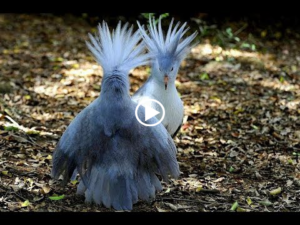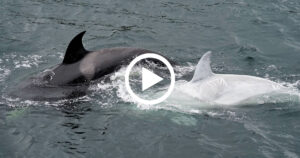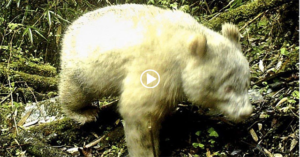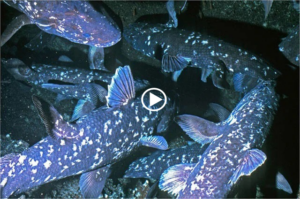Australia has just welcomed the birth of the Tasmanian Devil, a carnivorous marsupial of the Dasyuridae family, around 3,000 years after the species disappeared from the continent.
This good news raises hopes for the success of the Tasmanian Devil’s plan to free and breed the Tasmanian Devil in the wild.
In a May 25 statement, conservationists at the Aussie Ark Zoo and a coalition of other conservation groups in Australia said seven Tasmanian demons were born in the 400-acre reserve at Barrington Tops, north of the city of Sydney. The Rangers checked the Tasmanian devils bags and found the cubs to be healthy.
The news comes as environmentalists last year freed 26 adult Tasmanian devils into the wilds of mainland Australia, where they became extinct around 3,000 years ago. Environmentalists at the time described it as a “historic” project similar to the reappearance of gray wolves in Yellowstone National Park in the United States in the 1990s.
The Tasmanian devil is mainly found in the wild on the Australian island of Tasmania. They are now the largest carnivorous marsupials in the world following the extinction of the Tasmanian tiger in 1936. About the size of a small dog, this carnivorous marsupial once roamed Australia, but is believed to have grown in size. is extinct everywhere except in Tasmania, around 3000 years ago. The Dingo is the cause of the Tasmanian Devil’s extinction, as this breed often wins when it comes to food due to its larger size.
The Tasmanian devil feels safer in Tasmania, where the dingo has never been. But in recent years, they have faced new threats. Devil Face Cancer (DFTD) is a mysterious infectious cancer that has killed many Tasmanian devils, putting them in danger of extinction.
An estimated 25,000 Tasmanian devils remain in the wild, up from 150,000 before the DFTD epidemic, with the first deaths recorded in the mid-1990s.
The most unique birds in the world
Dogs have special abilities that have never been known before
Rare white dolphin appears off southern California
420 million-year-old fish believed to be extinct was suddenly found







